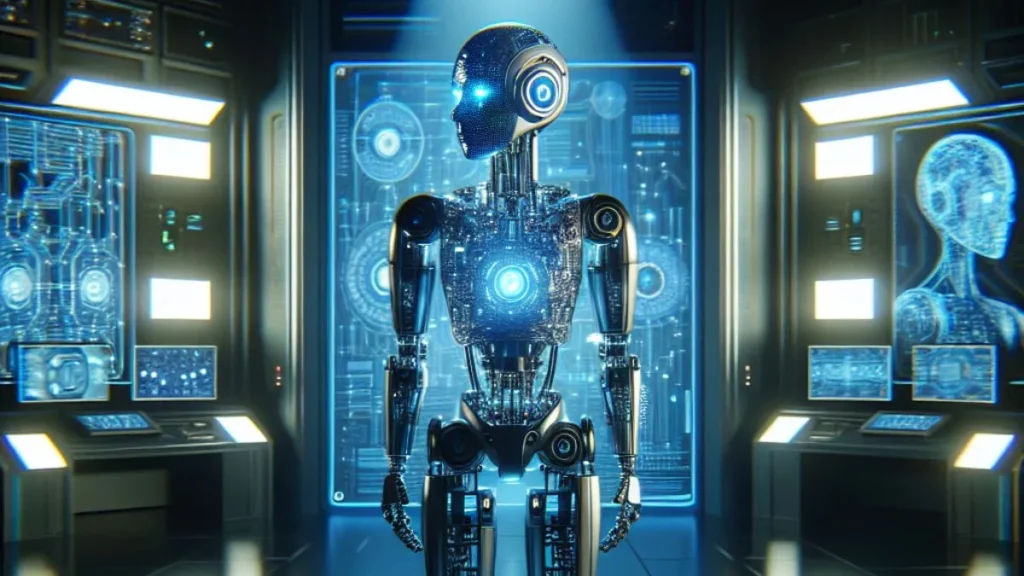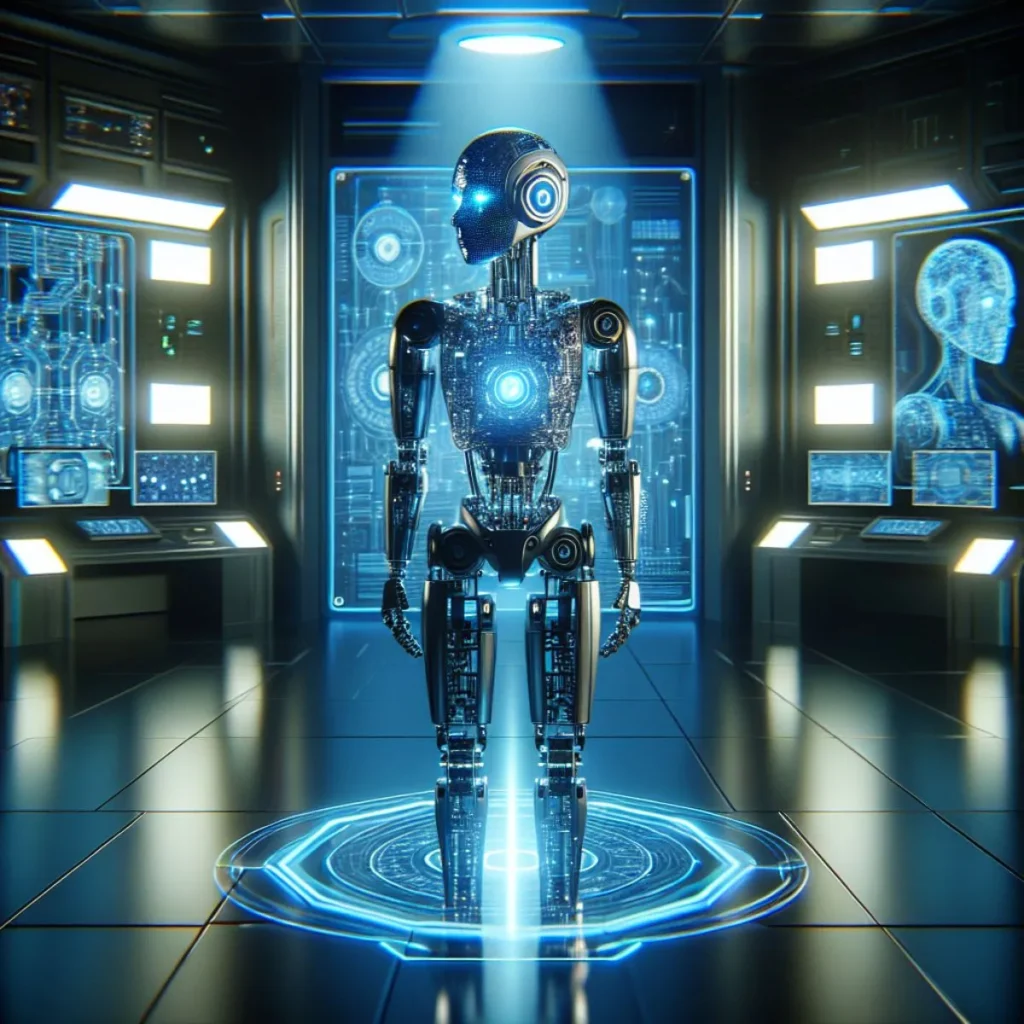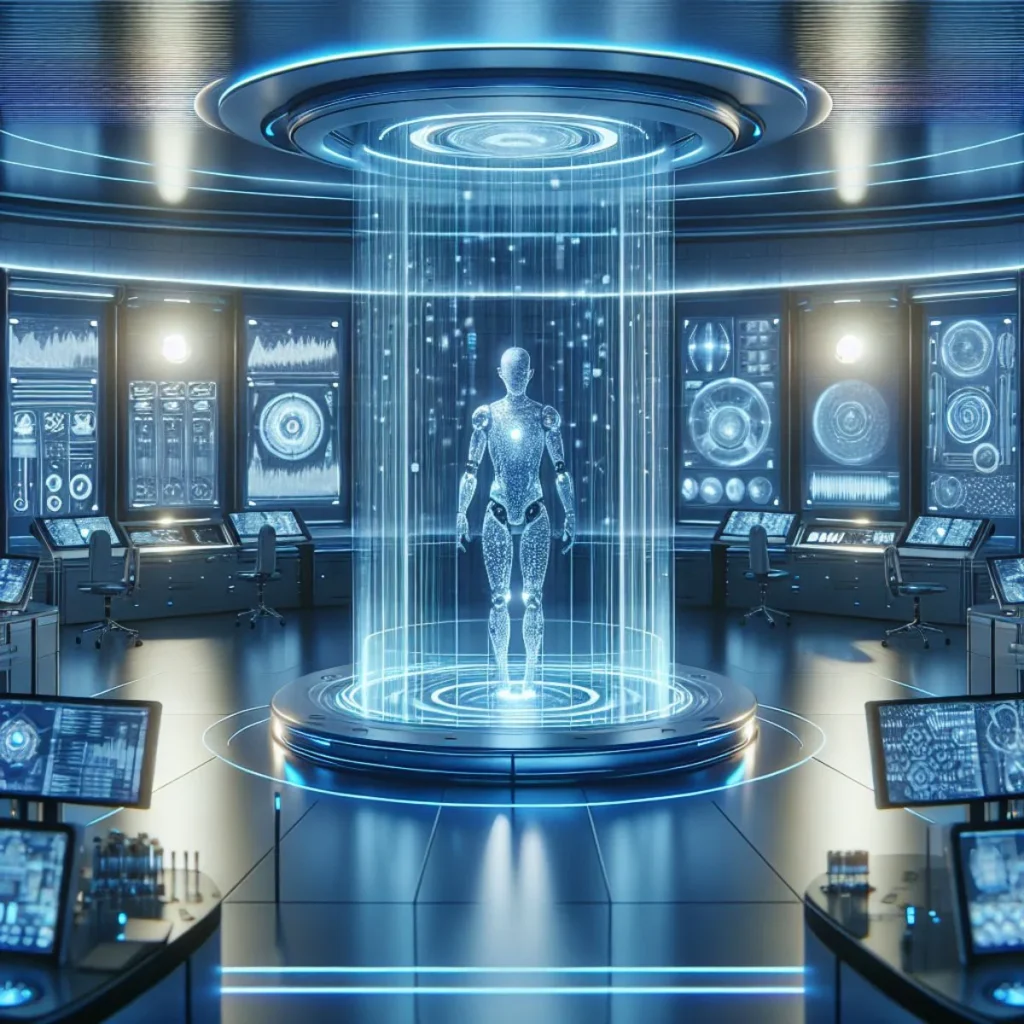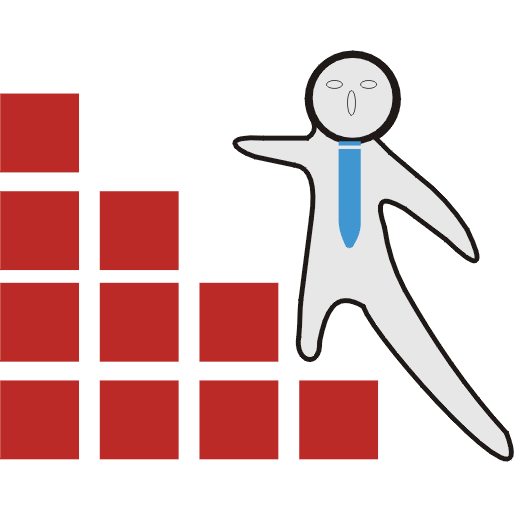
Contents
- 1 Keeper AI Standards Test
- 1.1 Introduction to Keeper AI Standards
- 1.2 Introducing the Keeper AI Standards Test
- 1.3 What is the Keeper AI Standards Test?
- 1.4 Purpose of the Keeper AI Standards Test
- 1.5 Key Components of the Keeper AI Standards Test
- 1.6 How the Keeper AI Standards Test Works
- 1.7 Benefits of the Keeper AI Standards Test
- 1.8 Keeper AI Standards in the Broader AI Landscape
- 1.9 Challenges in Implementing Keeper AI Standards
- 1.10 Reaping the Benefits of Keeper AI Standards
- 1.11 The Technological Need for Keeper AI
- 1.12 Examples of Technologies Tested with Keeper AI Standards
- 1.13 AI’s Role in Transformative Industries
- 1.14 Introducing the Keeper AI Standards Test
- 1.15 Development and Implementation Insights
- 1.16 Keeper AI Standards and Data Security
- 1.17 Keeper AI Standards Test for Ethical AI
- 1.18 How Businesses Can Prepare for Keeper AI Standards
- 1.19 Criticisms and Limitations of the Keeper AI Standards Test
- 1.20 Future of the Keeper AI Standards Test
- 1.21 Future Implications for the Tech Community
- 1.22 Conclusion
- 1.23 FAQs about Keeper AI Standards Test
- 1.23.1 Can small businesses meet the standards?
- 1.23.2 What happens if a company fails the test?
- 1.23.3 How does the test address data bias?
- 1.23.4 Is the Keeper AI Standards Test legally required?
- 1.23.5 Related posts:
- 1.23.6 Home Based Jobs and UNICEF Paid Internship
- 1.23.7 HEC Degree Attestation Online Apply
- 1.23.8 How to Apply Online IBCC Attestation
Keeper AI Standards Test
Introduction to Keeper AI Standards
AI technologies are developing quickly in the modern world and are permeating every aspect of our lives, from data-driven decision-making to smart assistants. However, this growth also necessitates strong rules that put user safety, data security, and ethical considerations first. An innovative project called the Keeper AI rules establishes rules to guarantee AI satisfies fundamental requirements, resulting in a technology ecosystem that is safer and more dependable.
Introducing the Keeper AI Standards Test
An innovative project called the Keeper AI Standards Test was created to assess the effectiveness and morality of AI systems. It provides a standard framework for evaluating AI capabilities and acts as a benchmark for the industry. Data handling, algorithm transparency, and decision responsibility are among the test’s criteria. Keeper AI guarantees that AI systems are strong, dependable, and compliant with ethical standards by establishing such criteria.
Top 7 Mistakes to Avoid in the Keeper Standard Test
What is the Keeper AI Standards Test?
The Keeper AI Standards Test is a thorough framework created to assess AI systems on a variety of topics, including transparency, ethical behavior, and safety and data security. This test is crucial because it offers precise instructions and measurements to developers, companies, and regulators to guarantee that AI systems function within morally and safely acceptable bounds.
Purpose of the Keeper AI Standards Test
The primary goal of the Keeper AI Standards Test is to:
- Ensure safety and reliability: AI must perform its intended tasks accurately, consistently, and without causing harm.
- Promote ethical practices: AI should respect privacy, prevent biases, and act responsibly within set boundaries.
Key Components of the Keeper AI Standards Test
The test examines core aspects of AI technology, such as:
- Data Security: Ensuring that user information is protected and only used in a manner compliant with data privacy regulations.
- Transparency: Developers should provide clear information on how their AI systems function, fostering accountability.
- Ethical Standards: AI systems must avoid biases and operate fairly for all users.
How the Keeper AI Standards Test Works
The testing process typically includes:
- Initial Assessment: The AI undergoes a preliminary evaluation to check compliance with basic standards.
- Detailed Examination: In-depth analysis of data handling, performance, and ethical implications.
- Scoring and Feedback: The AI system receives a score and feedback on areas for improvement, if necessary.
Benefits of the Keeper AI Standards Test
For developers and businesses, passing this test boosts credibility and trust with consumers, while end-users benefit from knowing they are engaging with safe, reliable technology.
Keeper AI Standards in the Broader AI Landscape
While Keeper AI Standards stand out, they work alongside other frameworks, such as the ISO/IEC JTC 1/SC 42 and IEEE’s Ethically Aligned Design Standards, creating a more cohesive, universal approach to AI regulations.
Challenges in Implementing Keeper AI Standards
Despite its value, the Keeper AI Standards Test poses challenges. For instance:
- Resource Intensive: Small companies may find it challenging to meet all requirements due to limited resources.
- Data Privacy Concerns: Storing and evaluating vast amounts of data raises concerns about compliance with privacy laws like the GDPR.
Reaping the Benefits of Keeper AI Standards
To sum up, the Keeper AI Standards Test is a dedication to quality and accountability in AI development rather than only a performance evaluation. Tech enthusiasts, data scientists, and AI developers may help ensure that AI technologies are not only state-of-the-art but also morally and reliably sound by taking part in and supporting these standards. Interacting with the Keeper AI community provides additional chances to improve and develop AI standards, guaranteeing that innovation keeps flourishing in a responsible manner.

The Technological Need for Keeper AI
In a time when technology is developing at a breakneck pace, artificial intelligence (AI) is a powerful force influencing our future. Its impact cuts across industries, changing how companies and society work. But authority also carries responsibility. One crucial instrument for making sure AI systems not only operate at their best but also follow moral guidelines is the Keeper AI Standards Test. The purpose of this blog article is to explain the Keeper AI test’s significance and what it means for data scientists, AI engineers, and tech enthusiasts.
Examples of Technologies Tested with Keeper AI Standards
Several high-profile AI tools, from healthcare diagnostics to predictive analytics, have successfully undergone the Keeper AI Standards Test. Case studies show how this test led to significant improvements, boosting accuracy and user trust.
AI’s Role in Transformative Industries
AI is becoming more than just a catchphrase; it is a driving force behind innovation in a variety of fields. AI systems improve productivity, simplify processes, and facilitate data-driven decision-making across a variety of industries, including healthcare and finance. At the forefront are data scientists and AI developers who are creating algorithms that can diagnose illnesses, forecast trends, and even operate automobiles. In order to establish gold standards for these applications and guarantee dependability and uniformity across the board, the Keeper AI Standards Test is essential.
Introducing the Keeper AI Standards Test
An innovative project to assess the effectiveness and morality of AI systems is the Keeper AI Standards Test. In the industry, it acts as a standard by offering a consistent framework for evaluating AI capabilities. Criteria like data processing, algorithm transparency, and decision responsibility are all part of the test. By establishing these guidelines, Keeper AI guarantees that AI systems are stable, dependable, and compliant with moral principles.
Development and Implementation Insights
The process of developing a standardized AI test is painstaking. Data scientists and developers need to work together to make sure the requirements are both thorough and realistic. To create a test that satisfies a range of requirements, Keeper AI involved a number of stakeholders from academia, business, and regulatory agencies. Continuous adaptation and feedback loops are necessary to apply these standards in real-world situations, guaranteeing that the test is still applicable in the face of swift technological progress.
Keeper AI Standards and Data Security
Data security remains a key component, with rigorous requirements to ensure information is stored and processed safely, adhering to standards that prioritize user privacy and control over personal data.
Keeper AI Standards Test for Ethical AI
Ethics is a cornerstone of the Keeper AI Standards Test, focusing on reducing biases and increasing inclusivity in AI applications. By setting ethical guidelines, the test encourages the development of AI that treats all users fairly and respectfully.

How Businesses Can Prepare for Keeper AI Standards
Businesses can improve their chances of passing the Keeper AI Standards Test by:
- Reviewing current practices to identify potential areas of non-compliance.
- Implementing changes to meet standards, from enhancing security protocols to documenting AI decision-making processes.
Criticisms and Limitations of the Keeper AI Standards Test
While the Keeper AI Standards Test is widely praised, some argue it may restrict innovation due to its stringent requirements, and smaller firms may struggle to allocate necessary resources. Future updates could address these challenges to make the test more accessible.
Future of the Keeper AI Standards Test
As AI evolves, so will the Keeper AI Standards Test, integrating new regulations and adapting to emerging technologies, such as quantum computing and enhanced machine learning capabilities.
Future Implications for the Tech Community
Creating a standardized AI test is a laborious procedure. To ensure that the requirements are comprehensive and practical, data scientists and developers must collaborate. Several stakeholders from academia, industry, and regulatory bodies worked with Keeper AI to develop a test that meets a variety of requirements. Applying these criteria in practical settings requires ongoing adaptation and feedback loops, ensuring that the exam remains relevant despite rapid technological advancement.
Conclusion
The Keeper AI Standards Test represents a significant leap forward in promoting responsible, safe, and ethical AI usage. As AI continues to integrate deeper into society, these standards will be crucial for maintaining trust and ensuring a future where technology aligns with human values.
FAQs about Keeper AI Standards Test
How is the Keeper AI Standards Test scored?
The test uses a scoring system based on performance in key areas such as security, transparency, and ethics, with feedback provided for improvements.
Can small businesses meet the standards?
Yes, though it may require some adjustments. Small businesses are encouraged to focus on critical areas like data security and ethical practices.
What happens if a company fails the test?
Companies that fail the test receive guidance on areas to improve and can reapply once adjustments are made.
How does the test address data bias?
It requires AI systems to be evaluated for fairness, ensuring that biases are minimized to prevent unfair treatment of any user group.
Is the Keeper AI Standards Test legally required?
Not yet, but it is highly recommended, and its standards often align with regulatory best practices.

Say Job City in Pakistan for today latest jobs opportunities in private and Govt departments. View all new Government careers collected from daily. sayjobcity.com